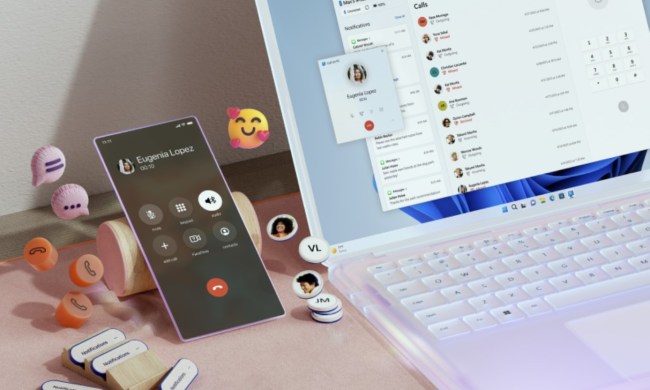A French company called Carmat has created an artificial heart that could potentially help save the lives of people with end-stage biventricular heart failure. And, no, this isn’t some piece of future tech that won’t be available for another decade or so; it has already been used on actual patients — including one who had the implanted heart two years ago. And it’s coming to the United States.
“The idea behind this heart, which was born nearly 30 years ago, was to create a device which would replace heart transplants, a device that works physiologically like a human heart, one that’s pulsating, self-regulated, and compatible with blood,” Carmat CEO Stéphane Piat recently told Reuters.
The artificial heart, which weighs about three times what the average human heart weighs, boasts two ventricles — one for blood, the other for hydraulic fluid — separated by a membrane. Hydraulic fluid is moved in and out using a motorized pump, which moves the membrane so that the blood can flow. In-built electronics, sensors, and microprocessors can autonomously regulate the blood flow in response to the activity of the patient, who must carry a bag of actuator fluid, a lithium-ion battery, and a controller.

“Carmat aims to meet a major public health challenge related to cardiovascular diseases, namely heart failure, the leading cause of death in the world,” the company notes on its website. “More specifically, Carmat aims to provide a lasting solution to the treatment of terminal heart failure, a disease for which there are very few effective options today, the main one being heart transplants.”
The artificial heart has reportedly received the necessary CE marking in Europe to show that it is in line with health and safety standards. It received this approval last year, and will launch in both Germany and France in the second quarter of 2021. According to SingularityHub, Carmat has also received U.S. Food and Drug Administration permission for an early feasibility study in the United States. That will take place this year as well.
With thousands of biventricular heart failure patients currently on transplant waiting lists around the world, this could be a massive game changer that helps solve a major real-world problem.



